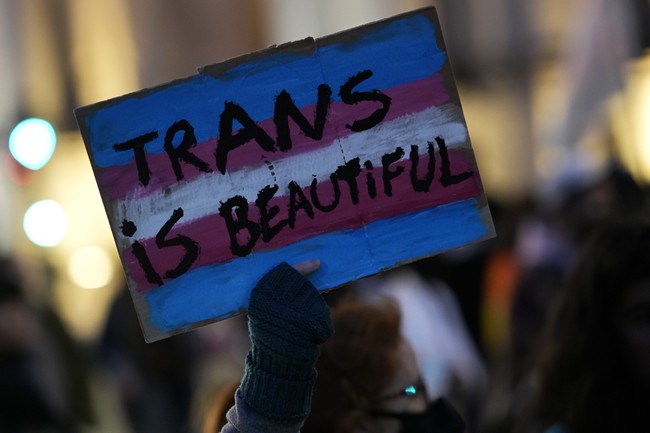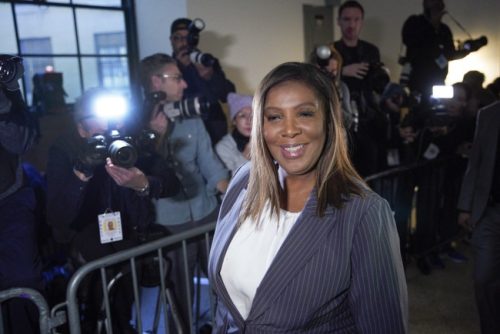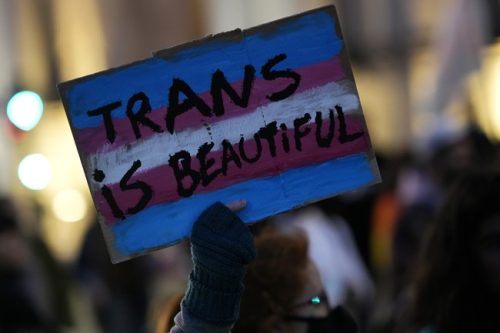Here’s a clear take on the controversy that erupted in Arlington: a competitor declared the winner of the World’s Strongest Woman final has prompted outrage, left-right arguments about fairness and identity, and raised fresh questions about how sports should treat transgender athletes.
The story in Austin and Arlington keeps the broader debate about gender and competition in the headlines. Conservatives see this as evidence that fairness for women is being sacrificed in the name of identity politics. The outcome of a single competition has become a touchstone for wider concerns about women’s opportunities and protections.
At the heart of the dispute is the result itself: an athlete who many observers believe is a biological male was declared the event winner. That has inflamed athletes, coaches, and fans who argue that strength sports should be divided by biological sex when fairness and safety matter. The reaction went beyond social-media sniping and spilled onto the podium.
The aftermath included a dramatic protest from the runner-up, and accusations that organizers were unaware of the athlete’s background. Voices from within the sport have described confusion and anger, and former champions weighed in publicly. Those responses added fuel to an argument already raging about how rules are enforced and who gets to compete where.
Jammie Booker, a man pretending to be a woman, just won the title of “World’s Strongest Woman” at the World’s Strongest Woman competition in Arlington, Texas.
Andrea Thompson, the female runner-up, had her title stolen by a man.
KEEP MEN OUT OF WOMEN’S SPORTS pic.twitter.com/MYXCmOSEEc
— Libs of TikTok (@libsoftiktok) November 25, 2025
The 2025 World’s Strongest Woman final descended into chaos after an alleged transgender athlete took gold, sparking outrage from athletes and coaches.
American Jammie Booker, who is accused of being a biological male, beat Great Britain’s Andrea Thompson to victory at the event in Arlington, Texas.
But Thompson walked off the podium, appearing to say ‘this is bulls***,’ while Booker celebrated. The Brit has since been crowned the ‘true World’s Strongest Woman’ by her coach and some of her peers.
Rebecca Roberts, a three-time winner of World’s Strongest Woman, has sensationally claimed that no one – not even the organizers – knew about Booker’s background.
Details on the American are murky but in a YouTube video – uploaded to what appears to be Booker’s YouTube channel in September 2017 – Booker says: ‘Everyone is dying to tell their own story and I am obviously no exception to that.
‘I’m 21 year-old trans woman with a history of abuse, struggling to stay true to herself while under the rule of her religious parents.’
Look at the photos and footage and most people will see a big, heavily muscled competitor who dwarfed several other finalists. That visible size advantage is the thing critics say makes a fair contest impossible when biological males compete against women. Coaches and past winners have publicly questioned how eligibility was certified and whether the rules protect female competitors.
This episode also put a spotlight on politics and identity. Some on the left who usually emphasize race and gender equity have been quick to defend trans inclusion here, even when the finalist defeated a Black woman who has a strong record in the sport. That contrast exposes a contradiction: identity politics often bends to favor certain categories over others depending on the issue.
For athletes, the issue is painfully simple: if rules don’t ensure a level playing field, then records, medals, and careers are at risk. When contenders believe an event is unfair, trust in organizers collapses and the sport suffers. That loss of trust is why many conservatives argue for clear, sex-based categories in competitive athletics.
There are also practical questions about policy and verification. Sports governing bodies need transparent criteria and consistent enforcement so competitors know what to expect. The lack of clarity or inconsistent application of any standard invites controversy and undermines the credibility of competitions.
Beyond policy, there’s a cultural element. This fight over a podium in Texas is also a fight over language and the definition of fairness. Conservatives tend to insist on rules that respect biological differences when competition, safety, or fairness are at stake. That viewpoint is what drives calls for reforms and for protecting women’s sports through law and policy.
Events like this will keep forcing schools, leagues, and federations to decide where they stand. The push for clear boundaries is not meant to target individuals but to protect women’s hard-won spaces and opportunities. Until organizers settle on practical, enforceable standards, more contested finals and public walkoffs are likely.
Whatever happens next, the episode in Arlington won’t fade quietly. It will be cited by lawmakers, coaches, and parents as they push for durable solutions that respect athletes and preserve fair competition.
He is that meme come to life.






